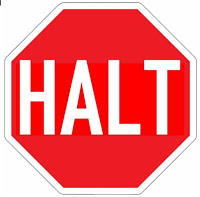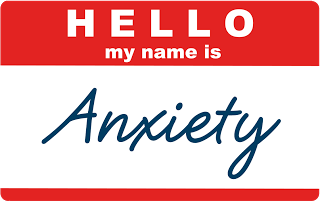
By Randy Moraitis, MA, CIP, BCPC
Hardly a day goes by that I am not approached by someone–either an addict in recovery who is struggling to stay clean, or the loved one of an addict concerned about their loved one relapsing and overdosing.
These are people from all walks of life, yet they usually ask the same question—a question truly born out of desperation, and that question is: “What should I do?”
To help answer that question I offer these 8 Tools for Relapse Prevention. If an addict in recovery sincerely works in these eight areas they will greatly reduce the likelihood of a potential fatal relapse. This is important for both the addict and the family to know.
8 Tools for Relapse Prevention
1. Meetings—addicts need to go to recovery meetings such as AA, NA, CA, Celebrate Recovery, or Lifelines.Meetings are where you learn new things to help the brain heal from the damage caused by the addictive behaviors, and where you can find encouragement from hearing the experience, strength and hope of others staying clean. There is great wisdom in attending 90 meetings in 90 days for those trying to get and stay clean.
2. Counseling—addicts often have some deep down issues that, if never addressed, will continue to
rear their ugly heads and possibly trigger relapse. Issues such as anxiety, depression, and trauma can be processed with a good counselor or therapist and the addict can be given tools to grow in healthy ways. The counselor may also recommend a medical exam for a complete assessment and treatment plan.
3. 12 Steps—the 12 steps are an amazing tool for healing and spiritual growth. I highly recommend everyone work through the steps as they are even beneficial to those not in recovery from addiction. Here is a great site with info on the 12 steps: http://12step.org/
4. Sponsor—addicts need a sponsor to guide them through the 12 steps. I recommend a sponsor be of
the same sex, have one year or more of sobriety, and have worked through the steps with their own sponsor. The addict should find a sponsor they trust who meets these guidelines, then take direction from the sponsor.
5. Health and Wellness—this includes a healthy diet, regular exercise, stretching, and relaxation/meditation. I highly recommend those in recovery find a healthy activity that they enjoy such as crossfit, martial arts, running, surfing, or yoga. This will give them some good clean fun, get those endorphins flowing, and often lead to making new, healthy friends.
6. Family Support—addiction is a family disease. If you have a family member or loved one impacted by addiction, guess what? You are impacted by addiction! Family members of addicts will help the addict, and themselves, by attending Al-Anon or CoDa meetings. Seeking counseling to learn healthy ways to support the addict
without enabling, as well as how to have healthy self-care is also recommended.
7. Recovery Coach—a good recovery coach will give the addict numerous tools to stay clean and sober and hold them accountable in their growth and sobriety. Additionally, a recovery coach will guide the addict to find purpose in life. Once a person has purpose and they are passionate about it, they are more likely to stay focused on achieving their purpose and less likely to relapse.
8. God—the 12 steps were designed to take people on a spiritual journey and trust in a higher power. Many addicts fresh in their recovery have no idea who their higher power is. That’s normal and to be expected. My personal experience is that I have seen thousands of addicts over the years have great success choosing God as their higher power. Having a spiritual foundation gives one much needed strength during times of temptation and triggers. The Life Recovery Bible is a great resource to learn more about the intersection of faith and recovery, and prayer can be a powerful tool for healing.
I would love to hear if you have any tools you recommend for relapse prevention. You can email me at randy@randymoraitis.com or visit my website for more info on counseling and recovery coaching www.randymoraitis.com, or visit our nonprofit foundation CarePossible at www.carepossible.org for info and resources for those in need.













Leave a Reply
Want to join the discussion?Feel free to contribute!